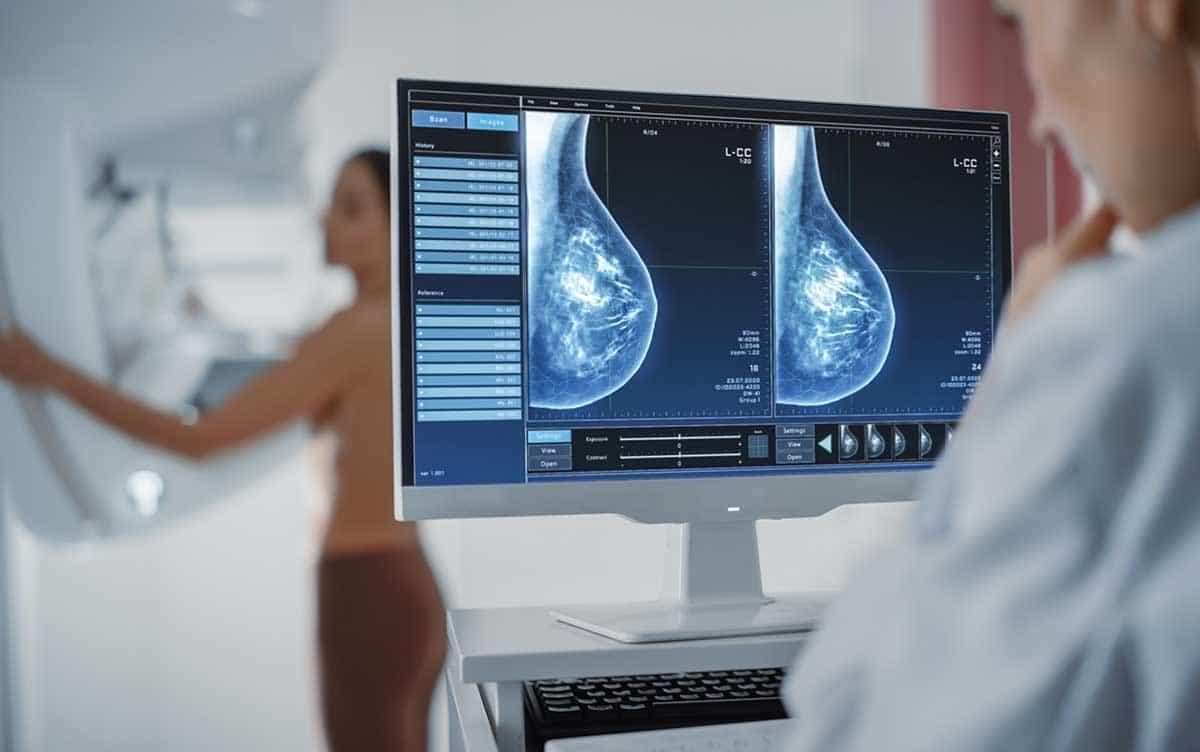Research News
Revealing Characteristics of Nonparticipating Individuals in Breast Cancer Screening

The Japanese government has set an objective of increasing the overall participation rate in cancer screening to over 50%; however, this goal has not yet been achieved for breast cancer. In this study, we conducted a secondary analysis of data obtained from the Comprehensive Survey of Living Conditions to identify specific characteristics (e.g., age and nonparticipation in health checkups for diseases other than cancer) associated with nonparticipating individuals in breast cancer screening. In addition, we developed a simple risk score to predict the likelihood of nonparticipation in the breast cancer screening process.
Tsukuba, Japan—Low participation rates in cancer screening have become a concern in Japan, and breast cancer is no exception. Despite the government's objective of achieving a 50% participation rate by 2016, participation rates in breast cancer screening remained below this threshold even in 2019. To address this issue, it is crucial to identify nonparticipating individuals in the screening process.
Researchers from the University of Tsukuba conducted a secondary analysis of the data obtained from the 2016 and 2019 Comprehensive Survey of Living Conditions, which included household and health surveys. Through this analysis, they identified several characteristics associated with nonparticipation of individuals in breast cancer screening. In addition, the researchers devised a simple risk score based on these data to predict the likelihood of nonparticipation in the screening process.
The findings revealed that individuals with age 50 years or above, low educational status, low household expenditures, and those covered by the National Health Insurance were less likely to participate in the screening process. Furthermore, individuals with employment in small- or medium-sized companies or having nonregular employment status along with nonparticipation in annual health checkups for diseases other than cancer within the past year and irregular visits to medical institutions were associated with nonparticipation in the screening process. The following three critical variables considerably influenced nonparticipation: age (1 point for 55-64 years old; 3 points for 65-74 years old), type of health insurance (1 point for National Health Insurance), and nonparticipation in health checkups for diseases other than cancer within the past year (8 points). These factors were effective predictors of nonparticipation in the screening process which can be objectively ascertained by the municipality and insurers.
The findings of this study hold the potential to identify women who are less likely to participate in breast cancer screening, allowing targeted efforts to encourage their participation in this crucial screening process.
###
This research was supported by a grant-in-aid from the Ministry of Health, Labour and Welfare; Health, Labour and Welfare Sciences Research Grant, Japan; Research on Region Medical (21IA1010).
Original Paper
- Title of original paper:
- Factors associated with non-participation in breast cancer screening: Analysis of the 2016 and 2019 Comprehensive Survey of Living Conditions in Japan
- Journal:
- Breast cancer
- DOI:
- 10.1007/s12282-023-01486-x
Correspondence
Professor TAMIYA Nanako
Research and Development Center for Health Services / Faculty of Medicine, University of Tsukuba
Related Link
Research and Development Center for Health Services
Institute of Medicine



